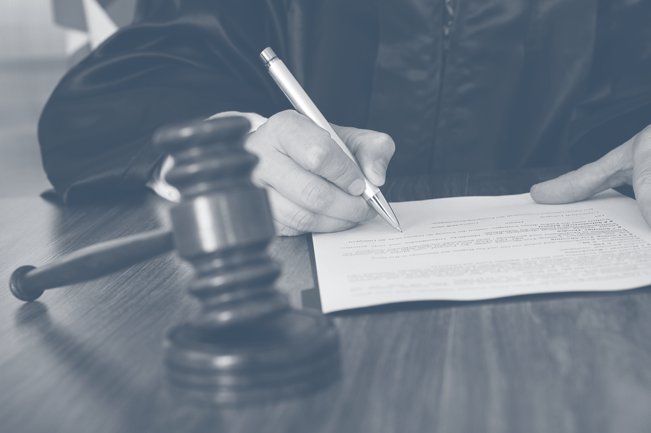Facebook Can Hurt Your Case
Facebook is a part of modern America, along with other social media like Twitter and Instagram. Pictures, plans, and friendships are posted and highlighted. It’s not private, especially not in modern litigation, even though you might have limited who can access it. Anything you post on Facebook might be used to help or hurt you case. Anything you take off Facebook, depending on when you take it off, might hurt your case.
Recently, a court fined a wrongful death plaintiff over $600,000 because he removed a picture from his Facebook account during his case. The offending picture: Him in a t-shirt that said “I Love Hot Mamas.” He was not fined for having the shirt on Facebook. Rather, he was fined for taking it off in an effort to hide or suppress it. Presumably, it might have been relevant to his relationship with his deceased wife, but likely not damaging if his wife knew also that he liked that shirt. In any event, just as corporations have to put “litigation holds” on document destruction, so too do plaintiffs who use Facebook to alert their friends and family to events in their life. Avoid being sanctioned not for what the evidence says, but for the fact you hid it or removed it.
If you are in an event that suggests litigation might ensue, do not rush to post anything to Facebook or other social media. Instead, wait a bit, and discuss it with your lawyer. If you have posted something before you meet with a lawyer or decide to get one, then do NOT remove it or alter it. Be sure to show it to your lawyer. It is, or may be, evidence in your case. The other side can see it. Facebook essentially becomes like a journal or a personal diary, and those have long been discoverable by the other side. Your “right to privacy” is trumped by the court system’s right to full access to any and all evidence about you, your health, and the events of the wreck or event.
